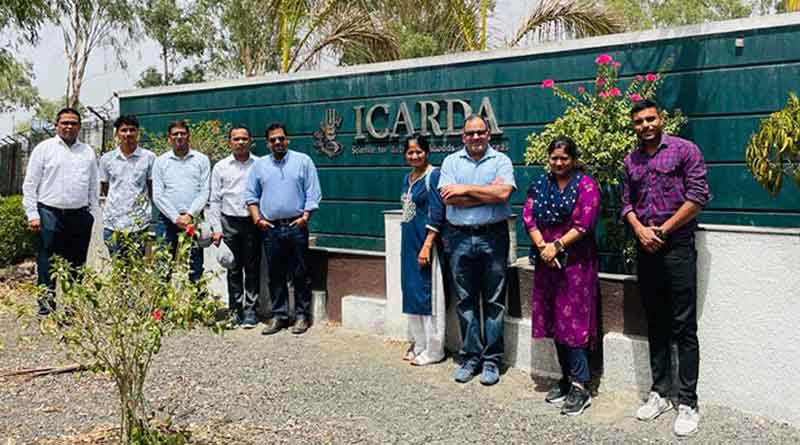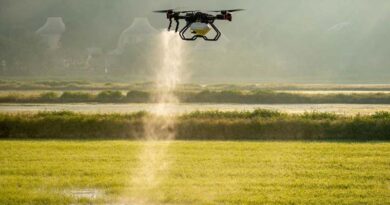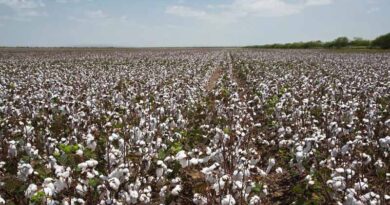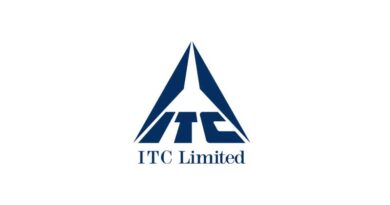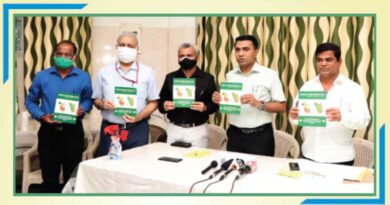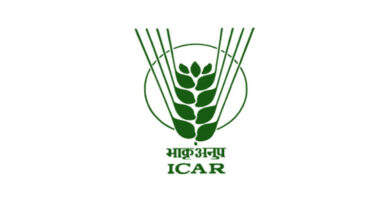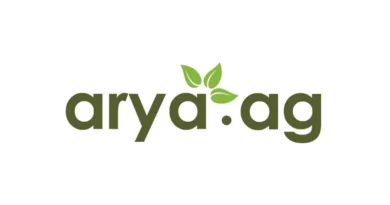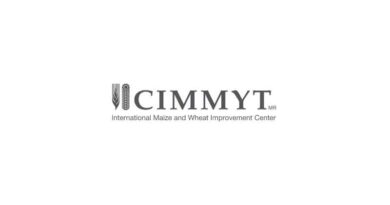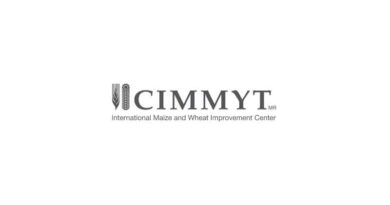Precision farming advisories reap rich dividends for farmers
ICARDA team of researchers: Mina Devkota, Ajit Govind, Lokendra Chaudhary, Rahul Chaudhary, Anand Prakash Arya, Vinay Nangia
Directorate of Farmers Welfare and Agriculture Development: Kamal Jain, Deputy Director-Agriculture and Chief Information Officer
07 September 2023, New Delhi: In an exciting step for agri-innovation, ICARDA, supported by the Directorate of Farmer Welfare and Agriculture Development of Madhya Pradesh State Government, India, has set up a network of hi-tech IoT precision farming devices in the Khargone and Sehore districts of the State. With this intelligent network and the GeoAgro-iKrishi system (app and dashboard), farmers receive real-time advice on farming.
This progressive farming approach significantly empowers farmers through access to immediate and accurate farming-related information, allowing them to make informed decisions for precise resource management. By harnessing the power of artificial intelligence (AI) and machine learning (ML) to analyze proximal and remotely sensed imageries and hydrometeorological real-time data, we are able to generate and send real-time advisories from the GeoAgro-iKrishi dashboard to farmers on their smartphones through the GeoAgro-iKrishi app to help farmers fine-tune irrigation and fertilization, and plant pest control measures, etc. This has resulted in enhanced productivity, minimized resource wastage, and established a sustainable agricultural ecosystem.
The data from this network is centralized in the dashboard along with other datasets such as remote sensing and ground observations. The science team can build a holistic view of all data and trigger bespoke advisories to targeted farmers or farmer communities. This initiative, coupled with a centralized communication system and an advanced e-extension platform, delivers real-time agricultural advice to farmers. The operational IoT devices encompass the following components:
- Agroclimatic weather stations that measure a range of hydrometeorological variables,
- Generation of weather forecasts and patterns along with computation of probabilities of weather-related disease outbreaks
- Motion-activated high-resolution cameras designed to capture images of pests
- Estimations of pest population dynamics and identification of dominant pests using machine learning techniques.
- Soil moisture and temperature sensors are installed at various depths within rooting zones at several plots.
- On-the-spot soil fertility testing kits helping to measure macronutrient N, P and K levels in soil.
- Groundwater level monitoring sensors.
- Multi-temporal high-resolution satellite remote sensing images.
- Drone imagery for comprehensive coverage of larger areas.
It is based on ICARDA’s GeoAgro Platform and IT infrastructure and serves as a digital tool offering comprehensive assistance to smallholder farmers in Madhya Pradesh in the Hindi language. The system comprises a centralized server and two interfaces – the GeoAgro-iKrishi app for users (smallholder farmers) and the GeoAgro-iKrishi administrative dashboard for scientists – which enables two-way interaction and it is organized into eight modules:
- Weather
- Agronomy
- Advisory
- Ask an Expert
- Know Your Field
- Chat
- Announcements
- Expense Tracker
Key Benefits for Farmers
Beneficiary farmers greatly benefit from these real-time advisories. For example, in the kharif season of 2023, when the autumn crop needed to be sown as soon as summer rains began, there was a delayed onset of the monsoon, and farmers struggled to plant crops on schedule. Through our iKrishi app, the ICARDA team consistently delivered 7-day weather forecasts to beneficiary farmers which allowed them to stay informed and make informed decisions. By having access to real-time advisories, farmers were able to adjust their planting schedules accordingly, mitigating the impact of the delayed monsoon and maximizing their chances of a successful harvest.
In Sehore district, where the monsoon started on June 20, we provided a forecast indicating clear weather from July 2-4. This information empowered farmers like Mr. Dipesh, Mr. Sujit, and Mr. Shailendra to successfully plant soybeans during the most favorable period, while non-beneficiary farmers missed this window due to a lack of preparedness. The soybeans harvests were productive, while the fields of the non-beneficiary farmers were fallow and overtaken by weeds due to continuous rain.
Similarly, we were able to offer advice to farmers on applying inorganic fertilizers based on crop requirements and soil fertility status. With precision fertilizer advisory, beneficiary farmers in Sehore and Khargone districts were able to save an average of 700-1000 INR/acre during the wheat season by reducing the amount of phosphorus, and we gave guidance on soil moisture levels compared to field capacity and wilting points to help plan irrigation schedules. Our advisories have helped save 1-2 irrigation events for beneficiary farmers. Using high-resolution cameras, we recently issued an early warning about potential disease outbreaks due to the early detection of Girdle Beetle in soybean crops and recommended remedial actions. Monitoring groundwater depth and comparing it with long-term averages helps farmers decide when to supplement with groundwater irrigation. Beneficiary farmers have expressed satisfaction with these site-specific real-time advisories, which have led to improved resource management, input savings, and increased incomes.
The operational system stands out for its integration of ground observations, fostering active communication between farmers and experts via well-designed digital interfaces – both the app and the dashboard. Given its success, the project aims to extend advisory services to neighboring farmers and scale the solution statewide.
Also Read: Exclusive: Why is Mancozeb important for UPL?
(For Latest Agriculture News & Updates, follow Krishak Jagat on Google News)

